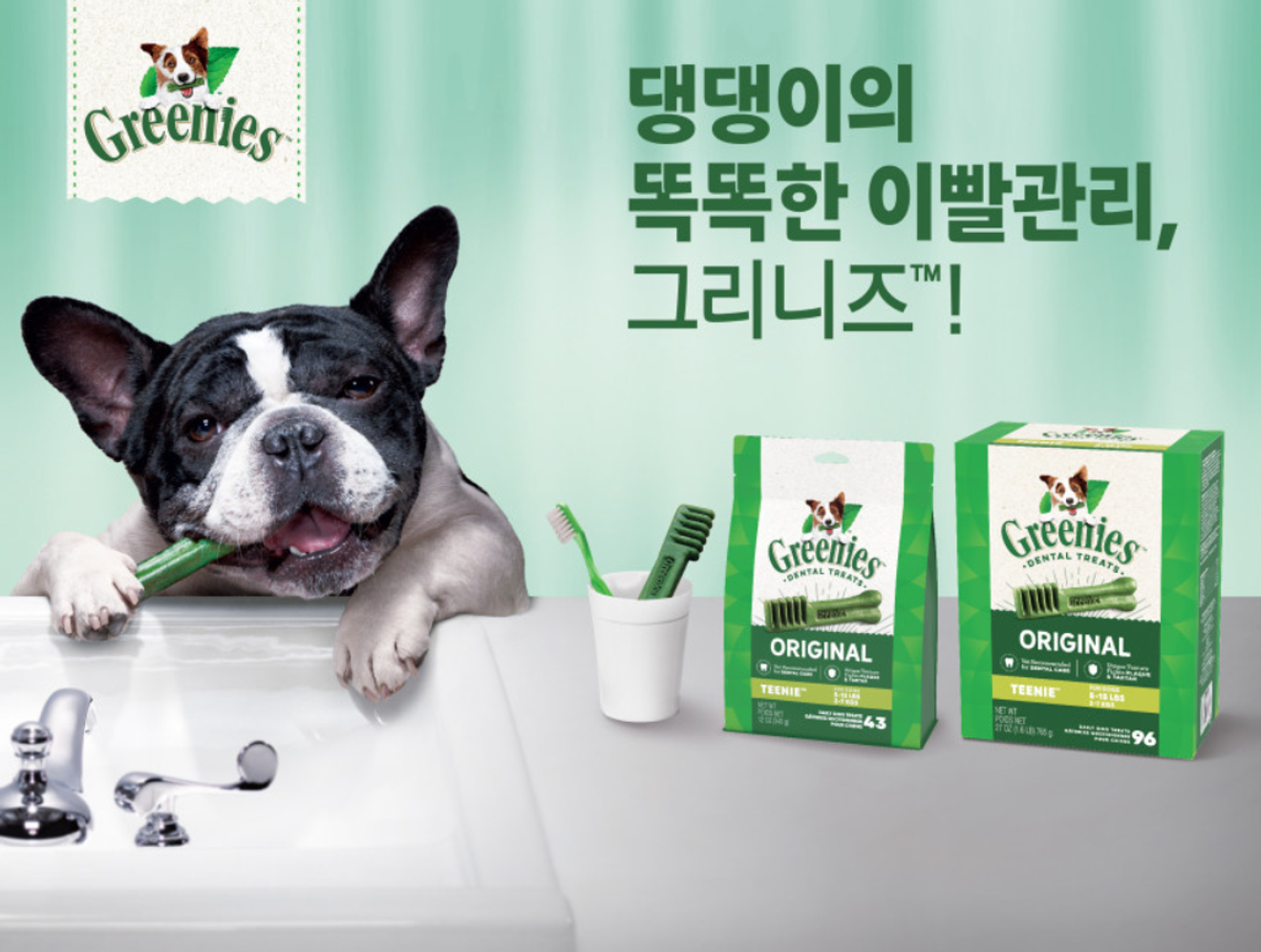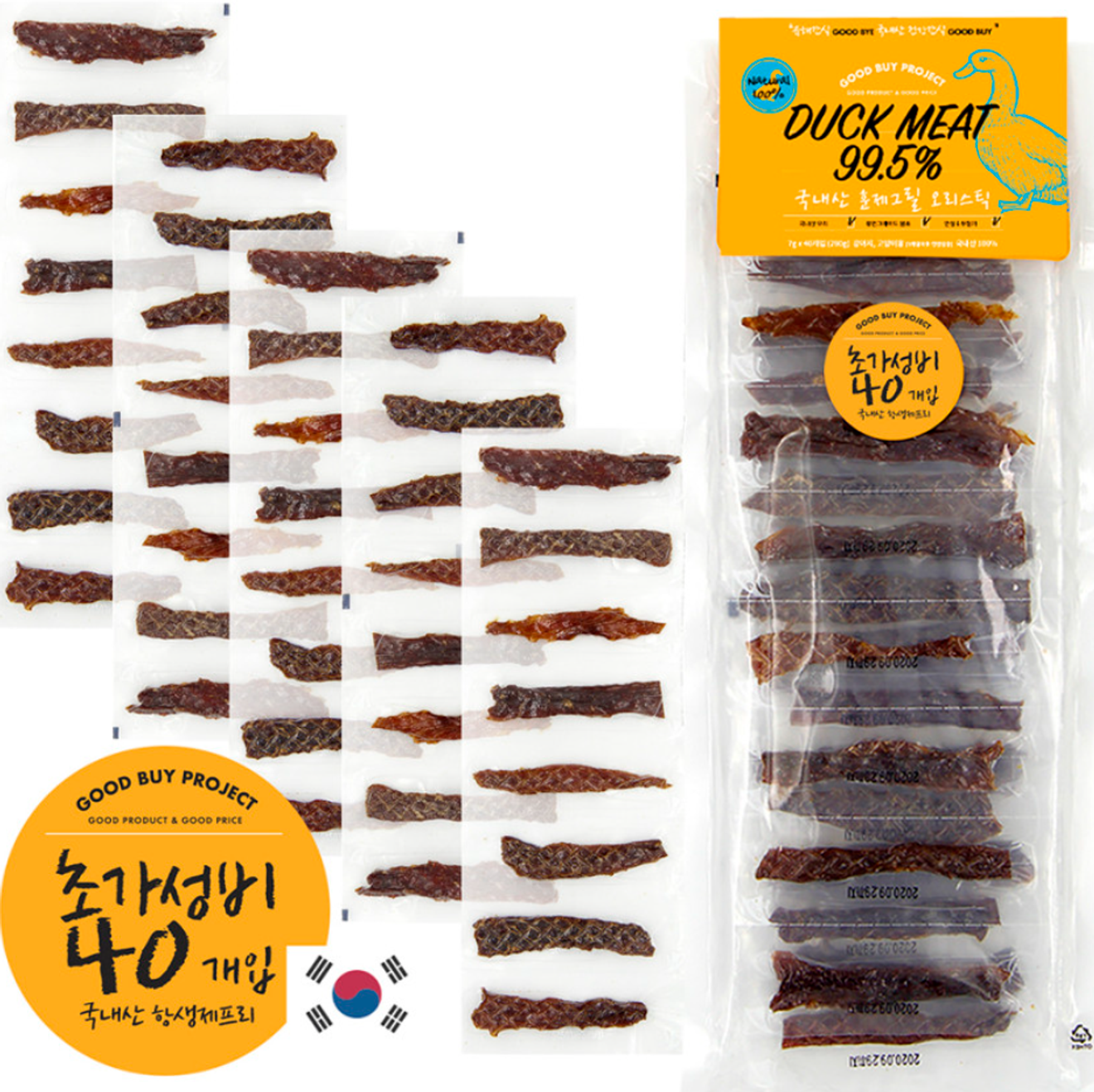Subject
- #Dog
- #Chews
- #Nutritional Treats
- #Dog Treats
- #Dog Chews
Created: 2024-01-17
Created: 2024-01-17 17:38
Hello! Today, we're going to learn about dog treats. Treats are an inseparable part of a dog's life, right? There seems to be a wide variety of them, and they serve various purposes. First, let's explore the types of treats. Dog treats can be broadly categorized into nutritional treats and behavioral treats. Nutritional treats are consumed to support a dog's health. They are typically rich in protein, calcium, vitamins, and minerals, aiding in a dog's growth and development, and maintaining their health. Behavioral treats are used to correct a dog's behavior. They are primarily used during training to guide behavior and are given as rewards. Please note that while these two categories are for convenience, treats are not necessarily limited to a single purpose!
Today, we'll delve into nutritional treats and introduce a few products. Common nutritional treats include churu (츄르), dental chews, and dehydrated treats. Let's start with churu, which you might be more familiar with as a cat treat. Did you know that there are also churu specifically designed for dogs? Churu is made with various ingredients like chicken, beef, and fish, allowing for personalized choices based on taste preferences. Their soft texture aids in digestion and hydration.

Source: Pettheman Website (Seollegae 4P 2,000 KRW)
Let me introduce you to Petderman's 'Seollegae' churu. It comes in four flavors: Chicken (Vitality), Beef (Eye Health), Lamb (Joint & Bone), and Salmon (Skin & Coat). With such a variety of flavors and functions, you can choose the one that best suits your dog's preferences. Not only are they beneficial for health, but they are also widely used as training rewards and can be helpful when your dog needs to take medication.
Next, we have dental chews, specifically designed to promote dental health in dogs. Did you know that dogs develop plaque seven times faster than humans? Canine periodontal disease can lead to kidney disease and peritonitis. However, daily brushing is often challenging, making dental chews a great alternative. These chews have a hard texture that aids in plaque removal and provide a satisfying chewing experience.
**Greenies Teenie Original (그리니즈 티니 오리지널)**

Source: Naver Shopping MARS (Greenies Teenie Original 130pcs 58,900 KRW)
Let's talk about Greenies dental chews. Reportedly, they are the number one selling dental chew in the US. These chews are designed to prevent oral diseases, with reported effects of reducing plaque by 60%, preventing gingivitis by 80%, and eliminating bad breath by 45%. Their delicious flavor and chewable texture ensure high palatability! They also come in various sizes: Teenie (for dogs up to 27kg), Petite (for dogs 7-11kg), Regular (for dogs 11-22kg), and Large (for dogs 23-45kg), allowing you to choose the perfect size for your dog.
Finally, we have dehydrated treats. These treats are made by dehydrating various ingredients like chicken, beef, and fish. They boast high palatability and easy digestion.

Source: Oraere Project (Domestic Smoked Grill Duck Wafflestick 40pcs 24,000 KRW)
I recommend the duck stick from the Oraeorae Project. It boasts over 99% meat content, is made without preservatives, and comes in individual packaging, ensuring hygiene and making it convenient for carrying during walks. Besides the duck stick, they offer a wide range of treats such as beef rib sticks, chicken breast, dried pollack, duck neck bones, pig ears, and beef liver. They also come in various textures, including extra hard, hard, soft, and moist, allowing you to select the ideal consistency based on your dog's health and needs. I personally gifted this product to a friend's dog, and it was incredibly well-received, leading me to recommend it!
Just like dog food, treats should also be chosen considering factors like age, breed, and health conditions. For dogs with weak teeth, soft treats are ideal. Large dog breeds might find smaller chews unstimulating. Furthermore, it's recommended that treats constitute only about 10% of a dog's daily calorie intake. Excessive treats can lead to obesity and nutritional imbalances, so despite how adorable they are, moderation is key! In the next post, we'll explore behavioral treats. See you then :)
Comments0